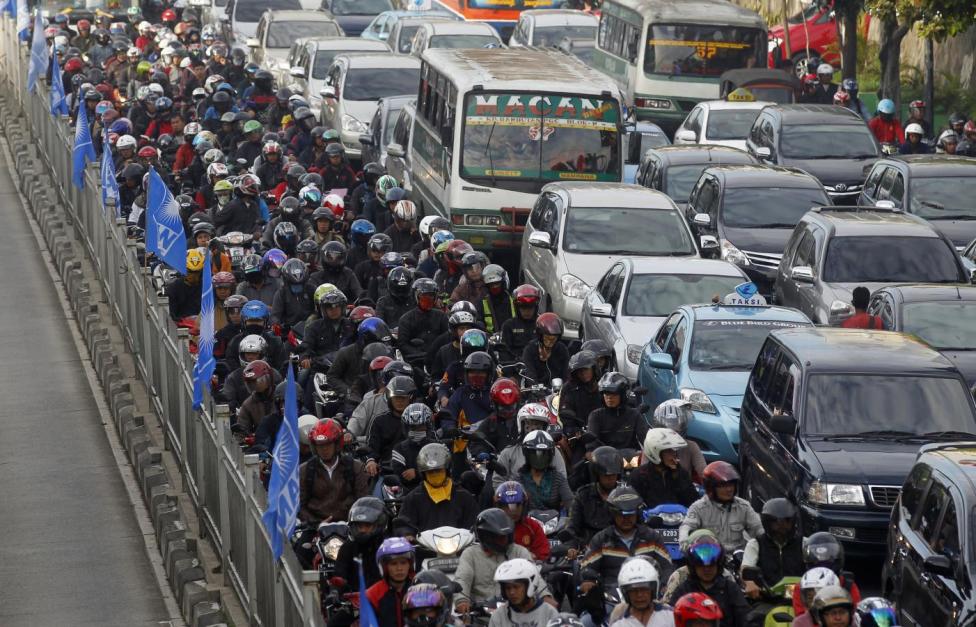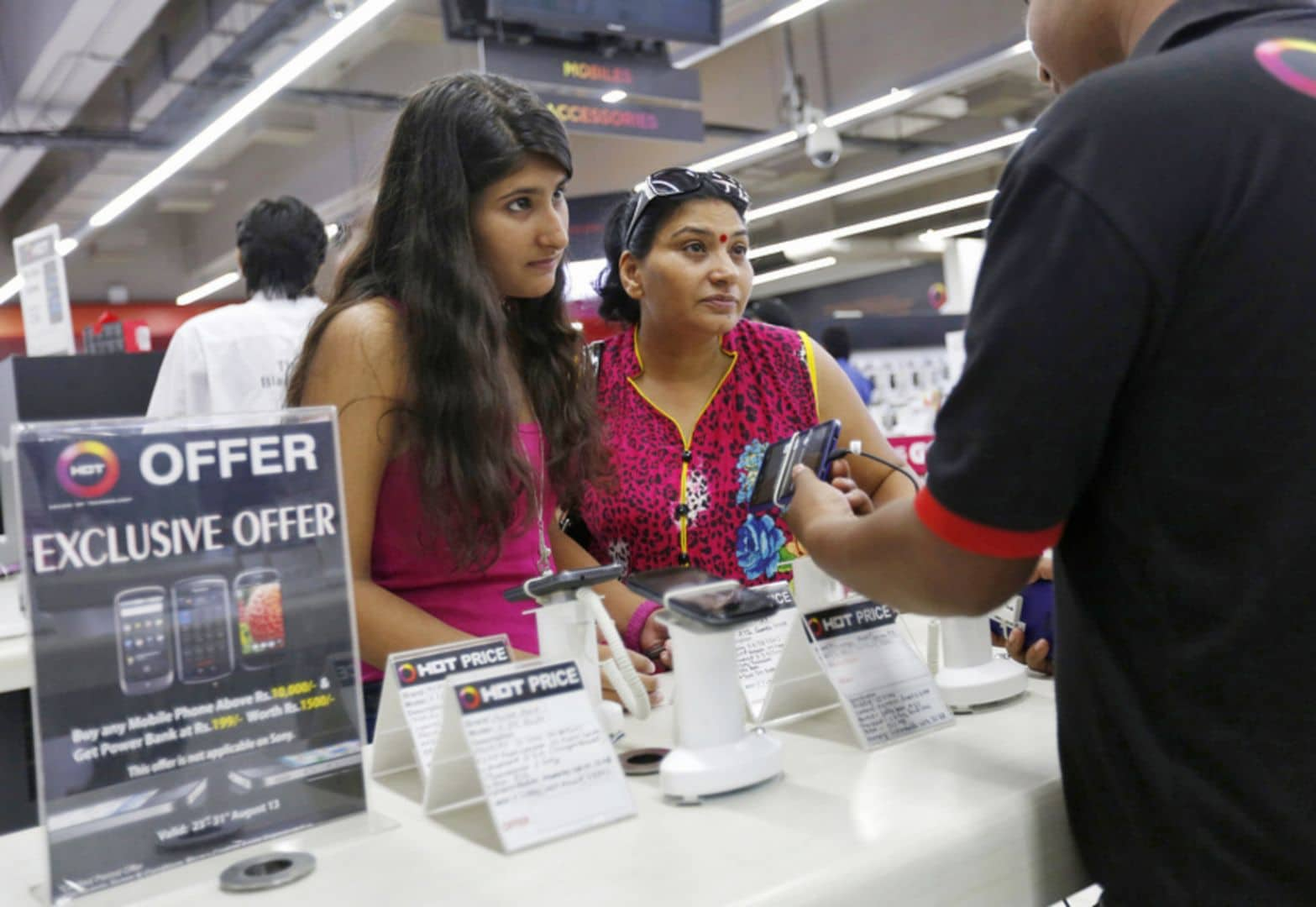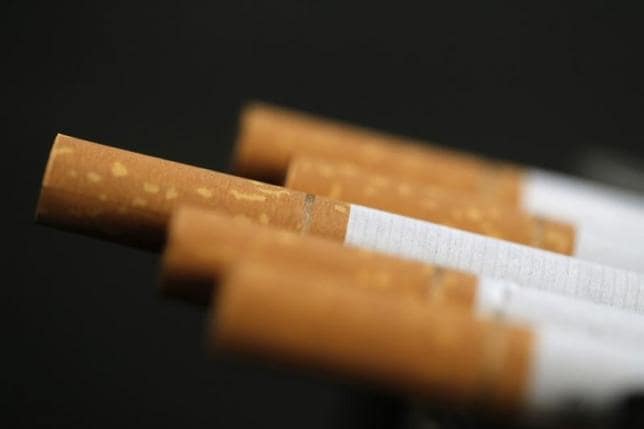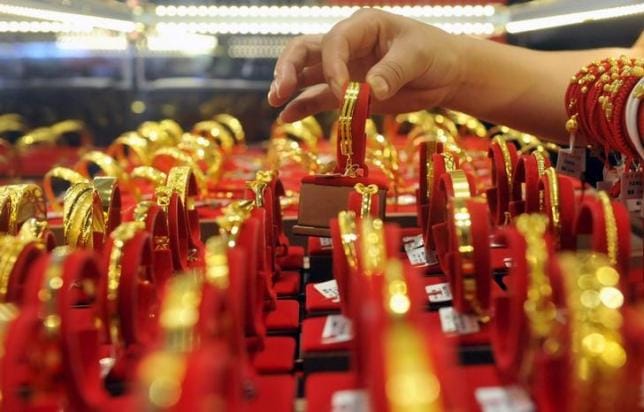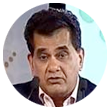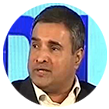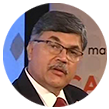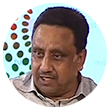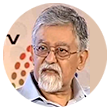- Cashless Bano India/
- Photos/
- GST Impact: What Gets Cheaper And More Expensive
GST Impact: What Gets Cheaper And More Expensive
The Rajya Sabha on Wednesday passed the GST Constitutional Bill that seeks to transform the country into a common market with a new one-nation-one-tax regime. The government is aiming to implement GST from April 1, 2017.
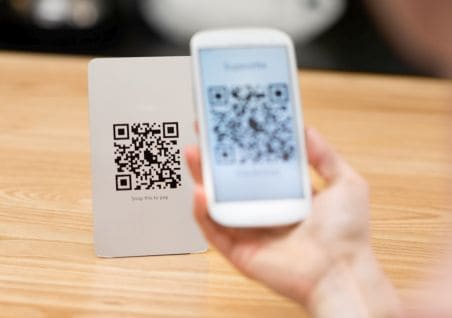
NDTV along with Mastercard is launching a multi-platform campaign “Cashless Bano India”, to create digital awareness and educate the masses about digital payment solutions for day to day transactions.
The campaign aims to take the message of a cash free India to the country, and will charter a blue print which can help all stakeholders to become a part of the digital revolution.
We aim to reach out to people and educate them on:
1) Digital and financial literacy
2) New generation digital payment solutions
3) Enabling merchants and consumers to understand and adopt secured and safe payment Solutions
4) Ease of usage at point of sales



